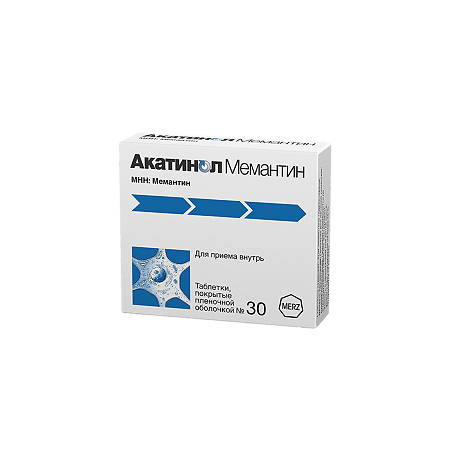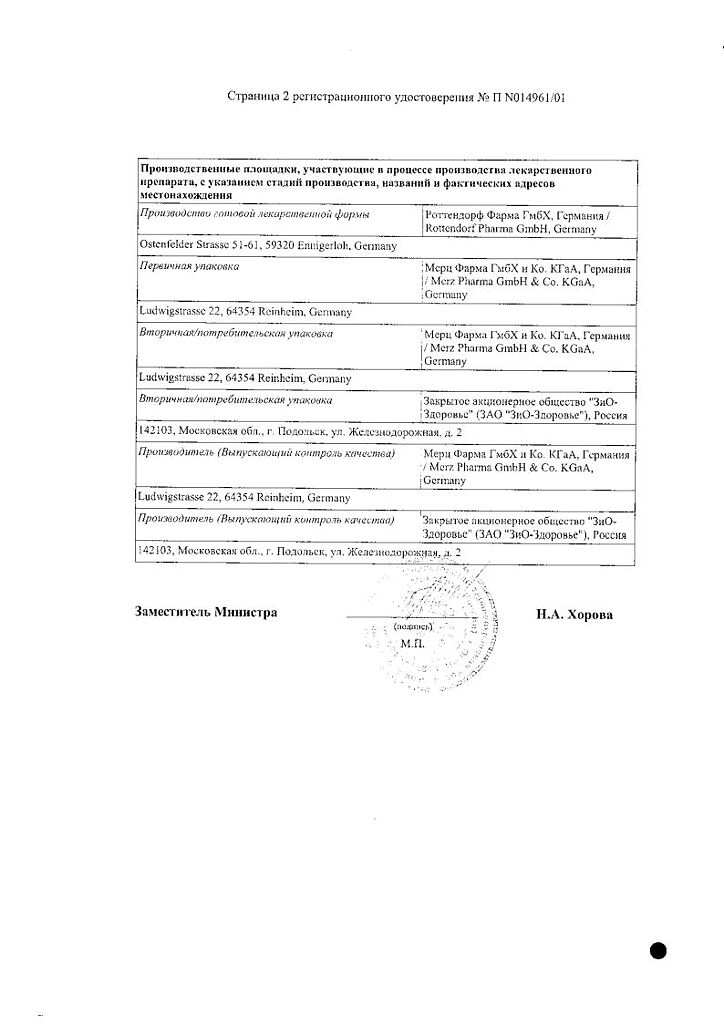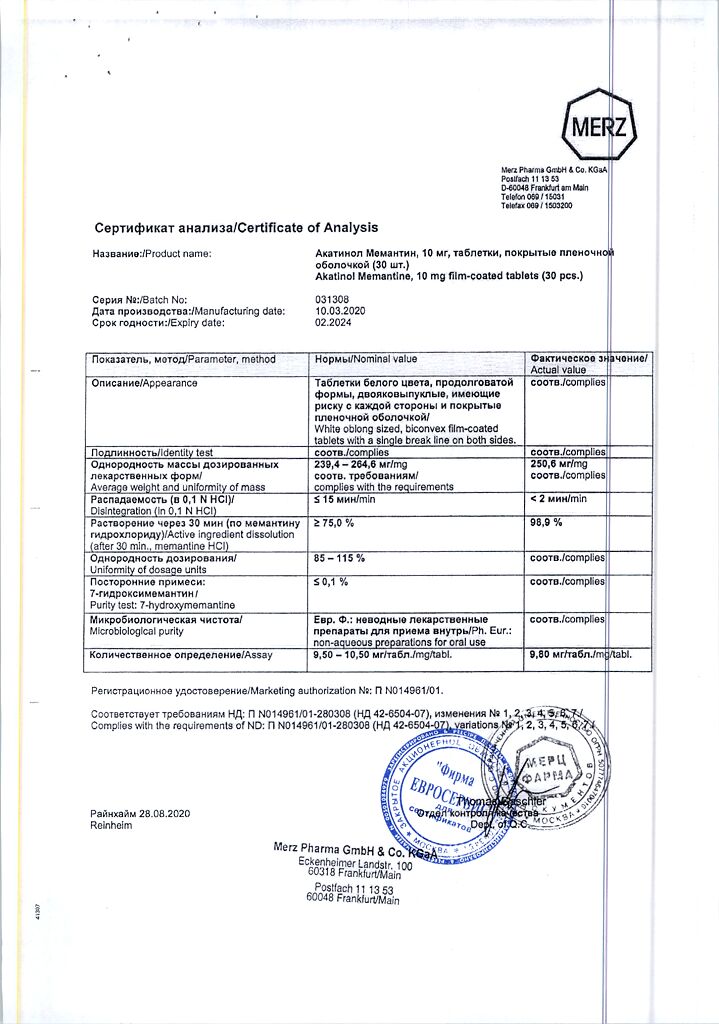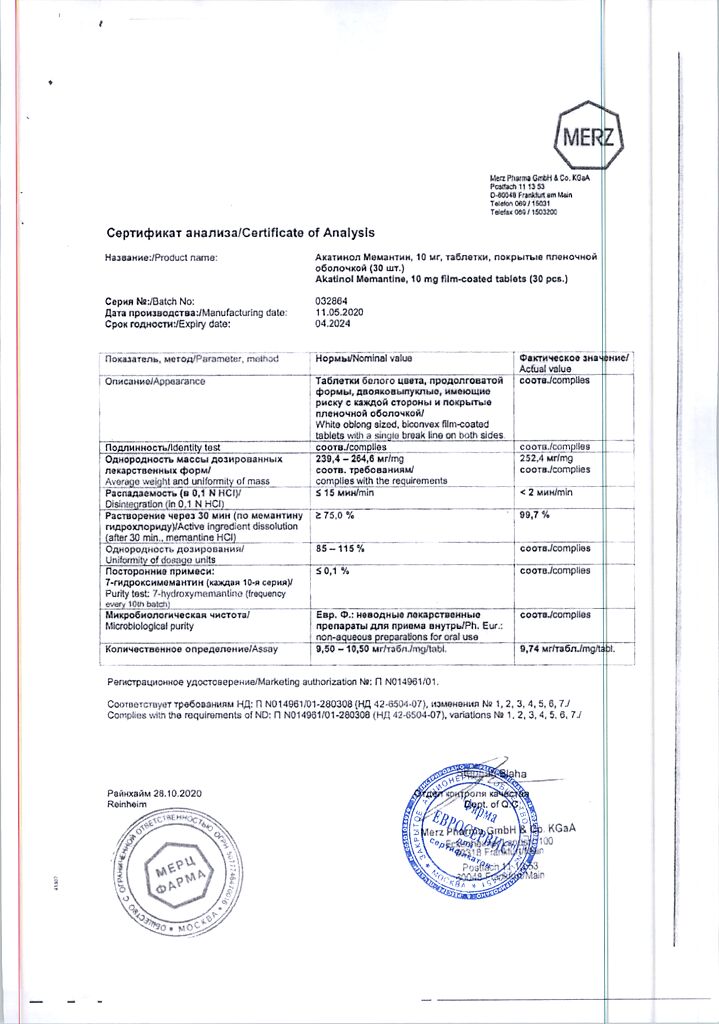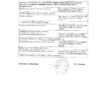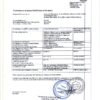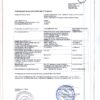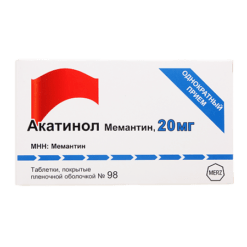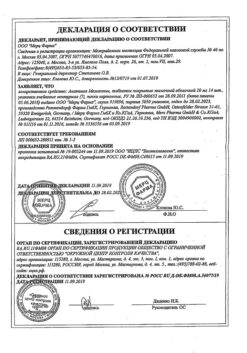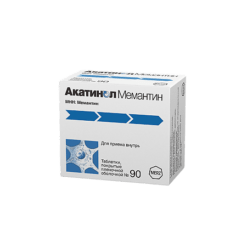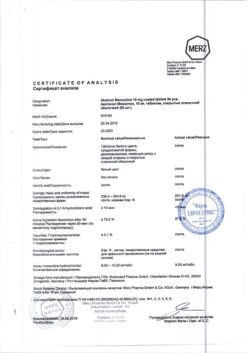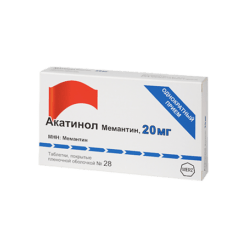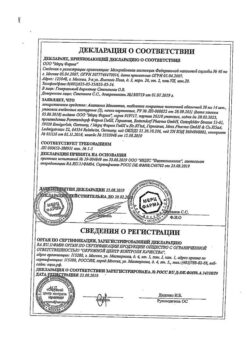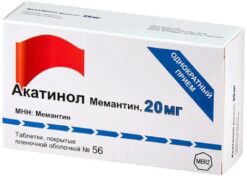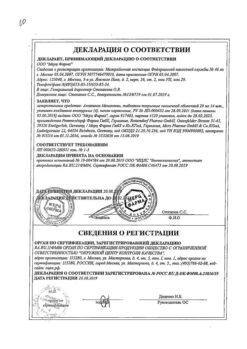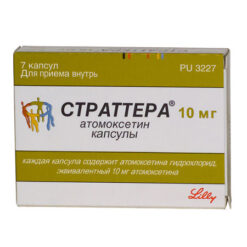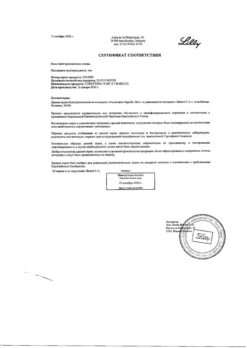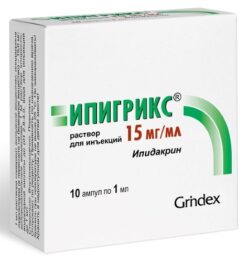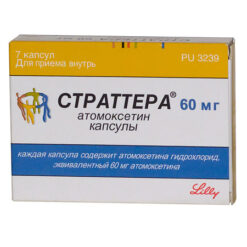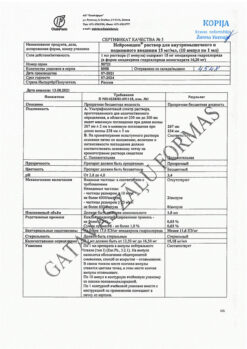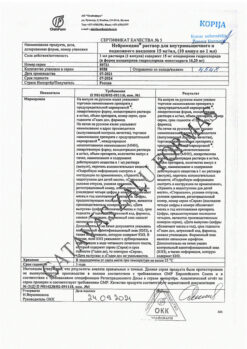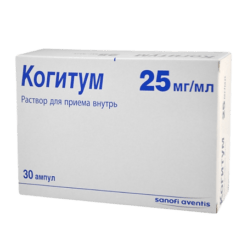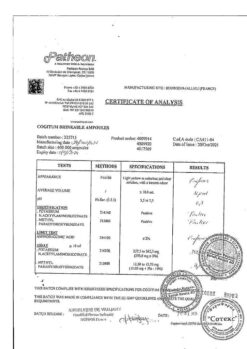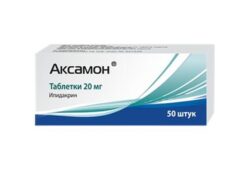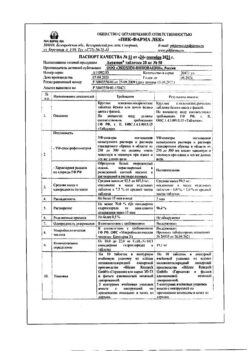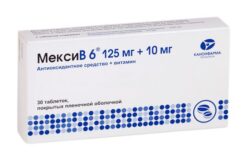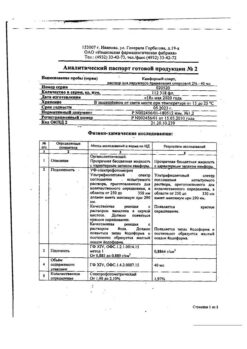No products in the cart.
Akatinol Memantine, 10 mg 30 pcs
€45.95 €38.29
Description
Akatinol Memantine is a myorelaxant of central action.
Being a non-competitive antagonist of N-methyl-D-aspartate (NMDA)-receptors it has modulating effect on glutamatergic system.
It regulates ion transport, blocks calcium channels, normalizes membrane potential, improves nerve impulse transmission, improves cognitive processes, memory and learning ability, and increases daily activity.
Indications
Indications
Dementia of Alzheimer’s type, vascular dementia, mixed dementia of all degrees of severity.
Decreased memory, concentration and learning ability.
Cerebral and spinal spastic syndrome, including due to traumatic brain injury, multiple sclerosis, stroke.
Pharmacological effect
Pharmacological effect
Akatinol Memantine is a centrally acting muscle relaxant.
Being a non-competitive antagonist of N-methyl-D-aspartate (NMDA) receptors, it has a modulating effect on the glutamatergic system.
Regulates ion transport, blocks calcium channels, normalizes membrane potential, improves the process of nerve impulse transmission, improves cognitive processes, memory and learning ability, and increases daily activity.
Special instructions
Special instructions
Patients with Alzheimer’s disease in the stages of moderate to severe dementia usually have impaired ability to drive vehicles and operate complex machinery.
In addition, memantine may cause a change in the reaction rate, so patients receiving treatment on an outpatient basis should take special care when driving or operating machinery.
Active ingredient
Active ingredient
Memantine
Composition
Composition
Active ingredient:
memantine hydrochloride 10 mg;
Excipients:
lactose;
MCC;
colloidal silicon dioxide;
talc;
magnesium stearate shell:
methacrylic acid copolymer;
sodium lauryl sulfate;
polysorbate 80;
triacetin;
simethicone emulsion;
talc.
Pregnancy
Pregnancy
Contraindicated during pregnancy. Breastfeeding should be stopped during treatment.
Contraindications
Contraindications
Individual hypersensitivity to the drug;
severe renal dysfunction;
pregnancy;
breast-feeding;
children under 18 years of age (due to insufficient data).
With caution:
thyrotoxicosis;
epilepsy;
convulsions (including history);
myocardial infarction;
heart failure.
Side Effects
Side Effects
Adverse reactions are classified according to clinical manifestations (according to damage to certain organ systems) and frequency of occurrence: very often – ≥1/10; often – ≥1/100–
From the body as a whole – common adverse reactions Often Headache
Rarely Fatigue Infections
Rare Fungal infections
Mental disorders Often Drowsiness
Rare Confusion
Rarely Hallucinations
Frequency not set
Psychotic reactions
Cardiovascular system disorders
Rarely Hypertension
Rare: Venous thrombosis/thromboembolism
Gastrointestinal disorders
Often Constipation
Rarely Nausea, vomiting
Frequency not established Pancreatitis
Disorders of the central and peripheral nervous system
Often Dizziness
Rare Gait disturbance
Very rare Convulsions
Hallucinations have been observed mainly in patients with Alzheimer’s disease at the stage of severe dementia.
There are isolated reports of the occurrence of these adverse reactions when using the drug in clinical practice (data obtained after the drug was marketed).
Interaction
Interaction
When used simultaneously with L-dopa drugs, dopamine agonists, and anticholinergics, the effect of the latter may be enhanced.
When used simultaneously with barbiturates and neuroleptics, the effect of the latter may decrease. When used together, it may change (increase or decrease) the effect of dantrolene or baclofen, so the doses of the drugs should be selected individually. Concomitant use with amantadine, ketamine and dexamethophan should be avoided.
Plasma levels of cimetidine, procainamide, kinidine, kinin and nicotine may increase when taken simultaneously with memantine. It is possible to reduce the level of hydrochlorothiazide when taken simultaneously with memantine.
Overdose
Overdose
Symptoms: increased severity of side effects.
Treatment: gastric lavage, taking activated carbon, symptomatic therapy.
Storage conditions
Storage conditions
At a temperature not exceeding 25 °C
Shelf life
Shelf life
4 years
Manufacturer
Manufacturer
Rottendorf Pharma GmbH, Germany
Additional information
| Shelf life | 4 years |
|---|---|
| Conditions of storage | At a temperature not exceeding 25 °C |
| Manufacturer | Rottendorf Pharma GmbH, Germany |
| Medication form | pills |
| Brand | Rottendorf Pharma GmbH |
Other forms…
Related products
Buy Akatinol Memantine, 10 mg 30 pcs with delivery to USA, UK, Europe and over 120 other countries.

